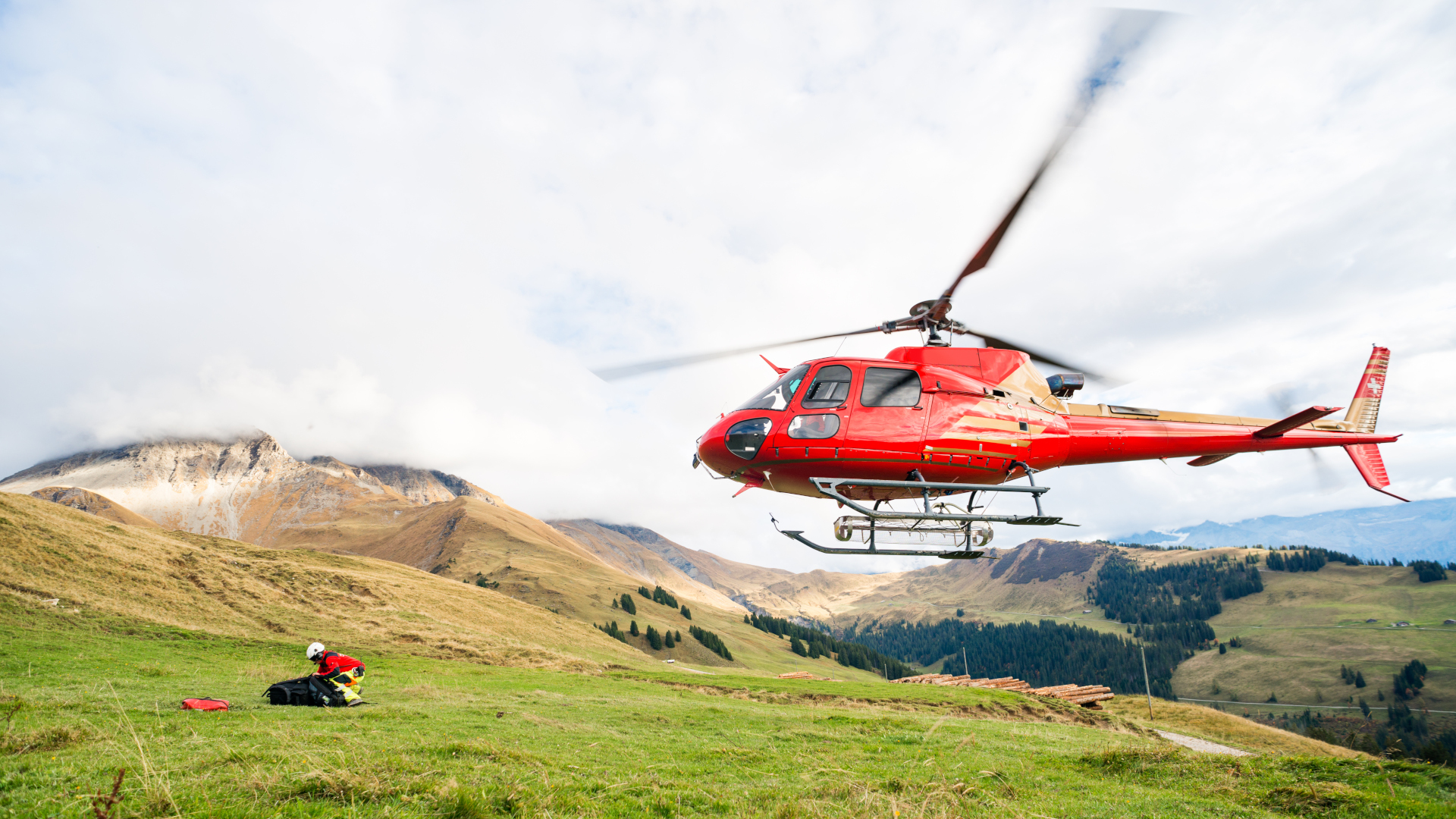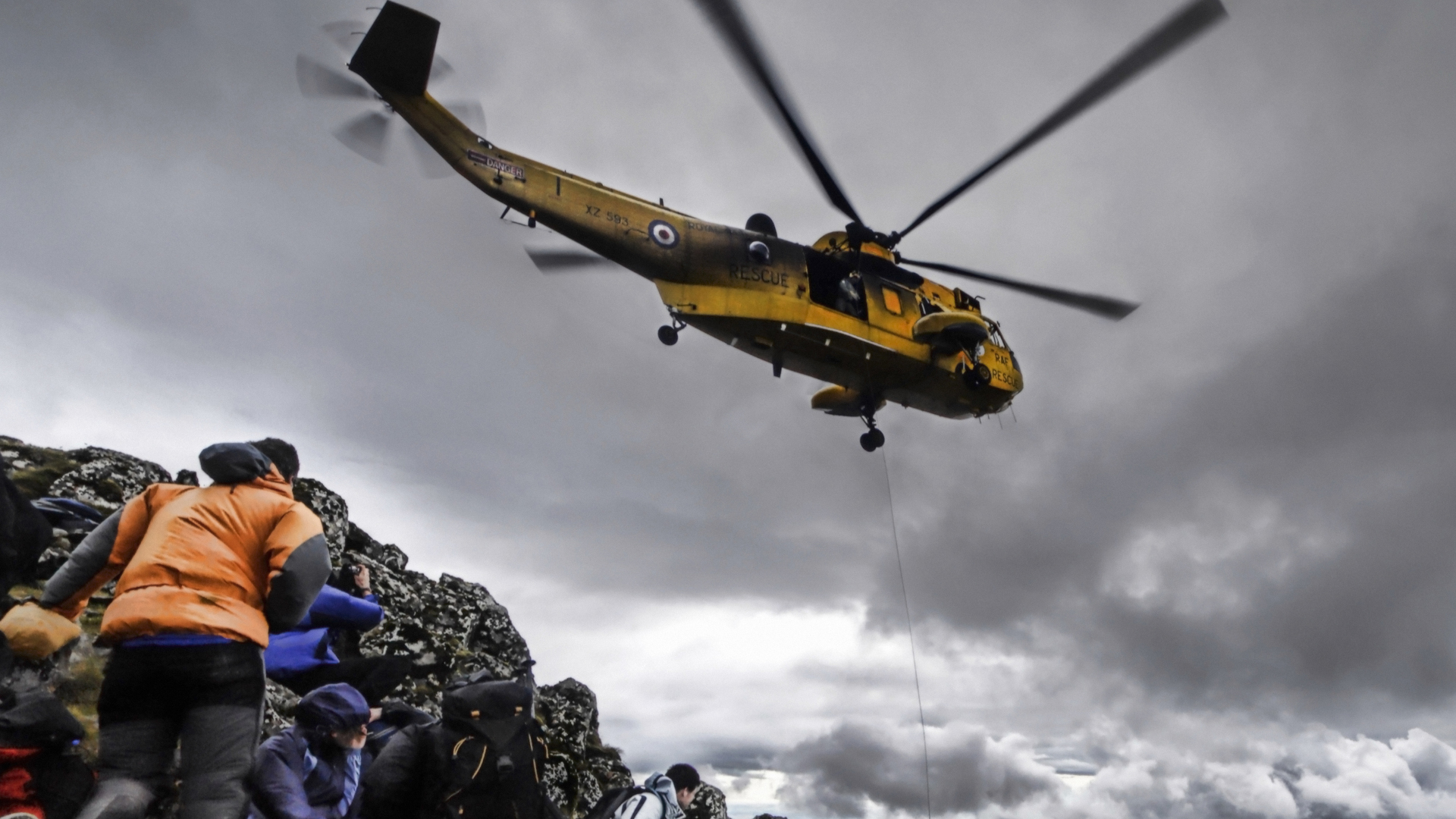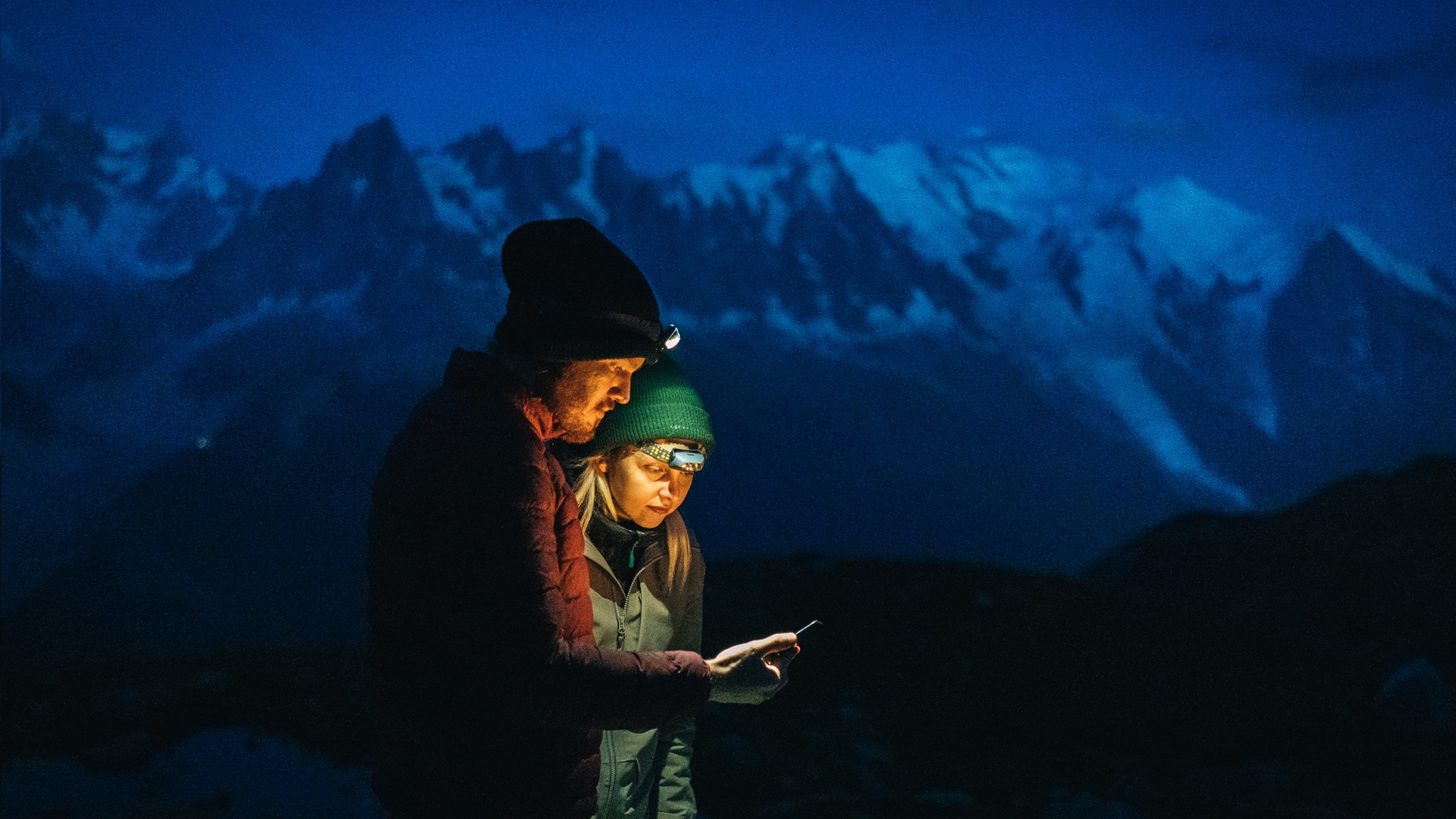Lost on a hike? Don’t waste time changing your voicemail, rescuers say
Mountain rescue debunks advice urging lost hikers to change their voicemail to help search teams

A Canadian search and rescue team has taken to social media to urge hikers to ignore advice to change their voicemail if they get lost on a mountain to help aid rescuers.
The suggestion, which has been circulating on Facebook, tells lost hikers to change their voicemail to a message giving search teams information about their whereabouts:
“Change the voicemail on your phone to a message that gives your approximate location, the time, the date, your situation (lost, out of gas, car broken down, injured, etc) and any special instructions such as you are staying with the car, you are walking toward a town, etc.,” the viral post reads.

It may sound like a good idea, leading many Facebook users to share the post, but Halifax Search and Rescue quickly debunked this approach as a waste of time, pointing out that if you do get lost hiking and have a phone, you need to be proactive about calling for help.
“Every once in a while we see trends going around social media that we need to address,” the post begins. “First off, you cannot change your voicemail when you don’t have a cellular signal. If your battery is low, and you are lost or need rescue, DIAL 911 and tell dispatchers where you are. This call will initiate the process to dispatch Police.”

If you are lost and communicated your plans to someone, it’s true that at a certain point when you don’t return they may call to find out where you are – but it’s much wiser and faster to call for help immediately if your phone is working. Not doing so could delay your recovery, or worse.
“To be blunt, wasting time changing your voicemail could be the last thing you do. If you don't call for help, and you didn’t leave a trip plan, NOBODY IS COMING TO GET YOU. Conserve your cell battery. If your battery is low, remember that text messages take far less battery to transmit,” the post continues.
All the latest inspiration, tips and guides to help you plan your next Advnture!
The story comes soon after news that a hiker spent 24 hours on Colorado’s highest peak because he ignored calls from rescuers since he didn’t recognize the number. Bringing your phone with you on a hike can be a good safety measure, but only if you keep it charged and utilize it properly.

All hikers are reminded to advise others of their plans, carry navigational tools like a map and compass and consider a sturdy smartphone that will hold up to alpine conditions in case of an emergency.
If you’ve been looking for a phone worthy of your rugged adventures, find out what happened when we did our best to break the supposedly outdoors-proof Motorola Defy...
Julia Clarke is a staff writer for Advnture.com and the author of the book Restorative Yoga for Beginners. She loves to explore mountains on foot, bike, skis and belay and then recover on the the yoga mat. Julia graduated with a degree in journalism in 2004 and spent eight years working as a radio presenter in Kansas City, Vermont, Boston and New York City before discovering the joys of the Rocky Mountains. She then detoured west to Colorado and enjoyed 11 years teaching yoga in Vail before returning to her hometown of Glasgow, Scotland in 2020 to focus on family and writing.

